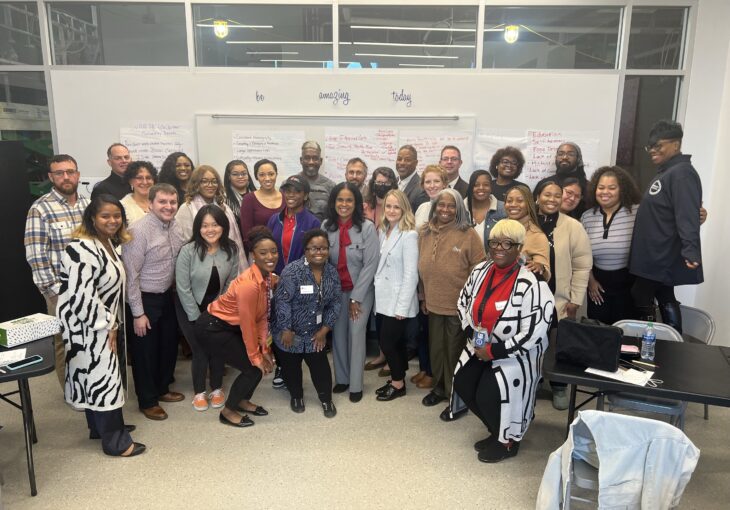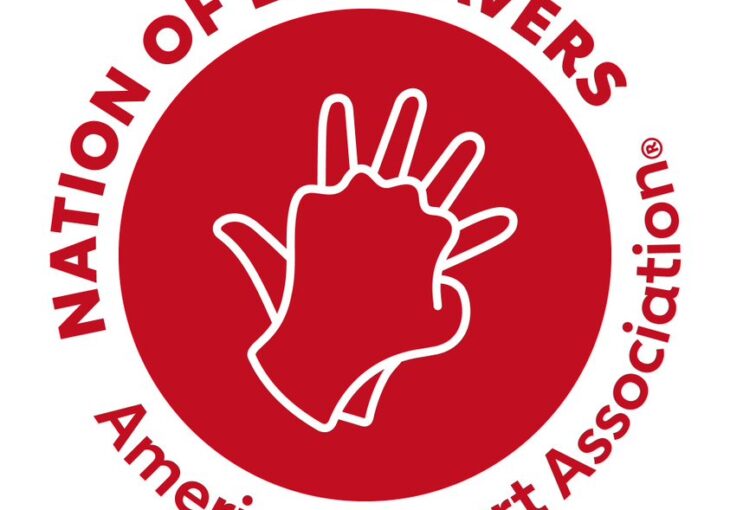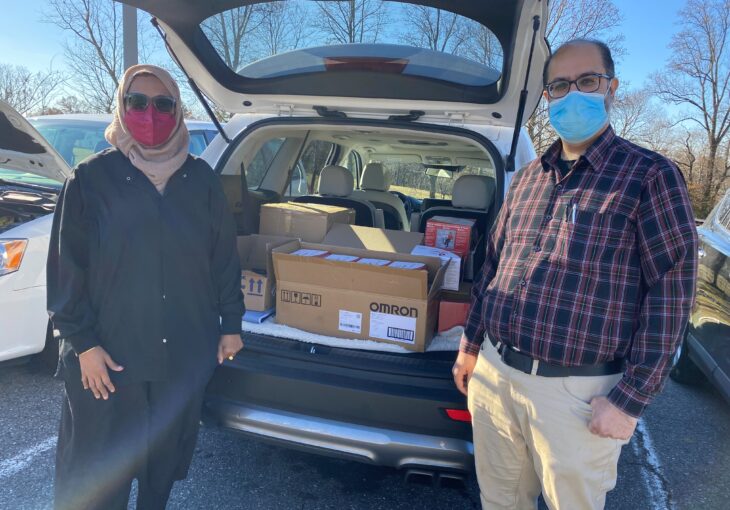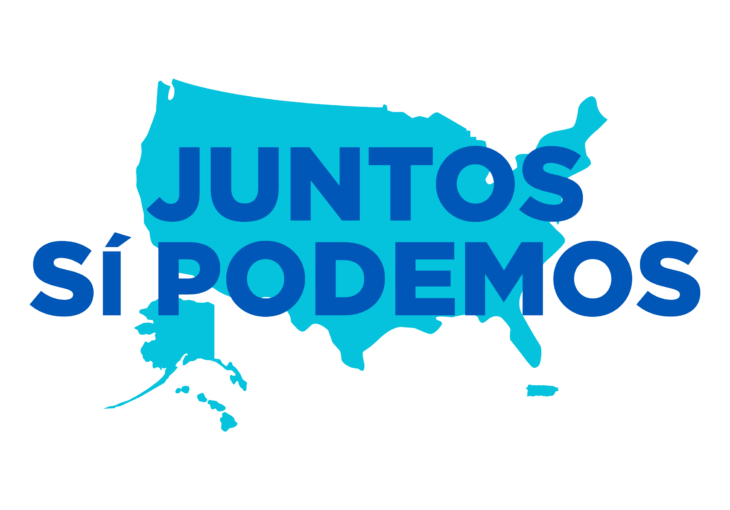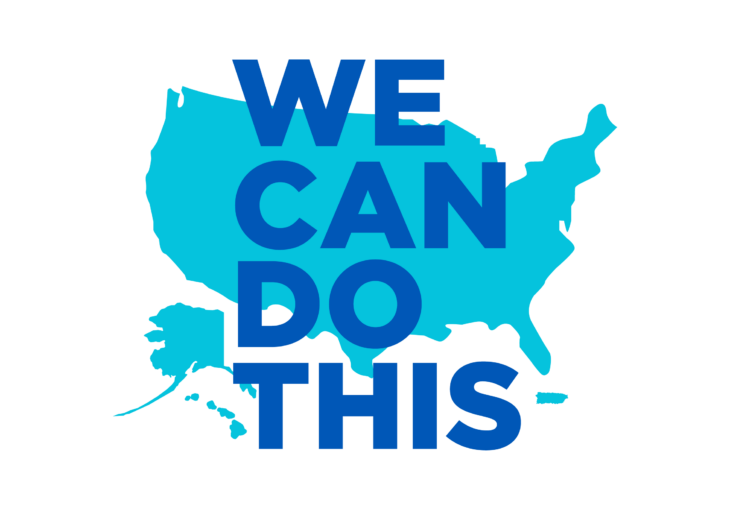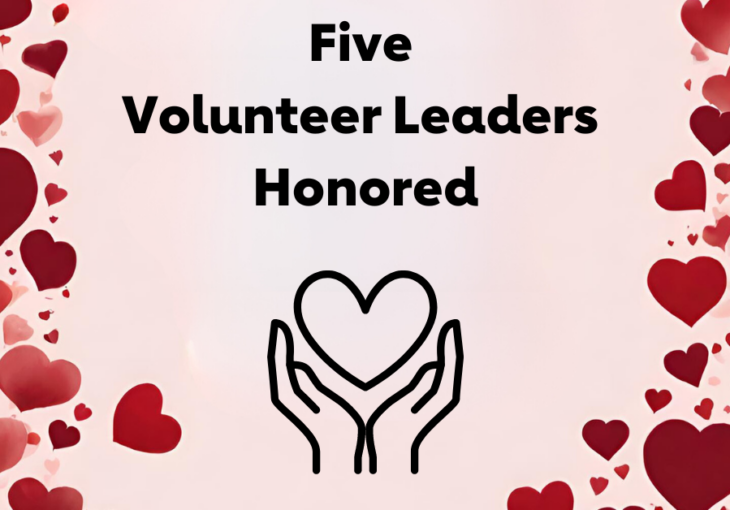
Five Volunteers Recognized for Outstanding Contributions that Save and Improve Lives
The American Heart Association recently announced the recipients of this year’s Eastern States Region Volunteer Awards. Five outstanding Greater Washington Region volunteer leaders were honored because of their commitment to the cause and extraordinary collaborative achievement to advance the organization’s mission to improve health and wellbeing for all. David Jaffe, Association Dean of Students, American
